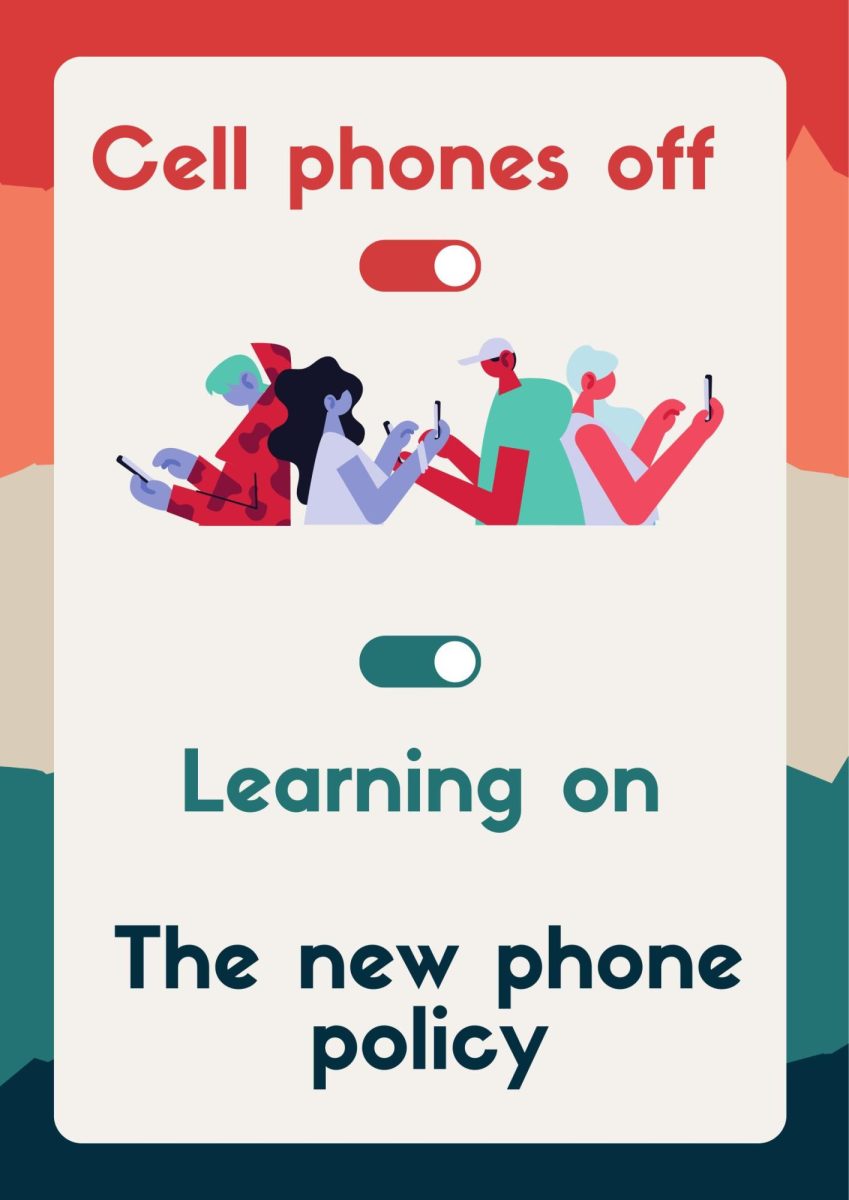Schools all over the bay implemented a no-phone rule during school hours this year. Students have strong opinions about whether this phone policy is necessary.
The no-phone policy at the start of the new 2024-2025 school year is a change for the students at Woodside. The school administration pushed hard for this new rule to encourage students to pay attention in class, have fewer distractions and improve mental health. Students can agree with this fact, but it doesn’t mean they want to give up using their phones in class.
“I don’t really think taking our phones has an effect on [student learning],” senior Isaac Wagner said. “If everyone is responsible enough to keep them in their pockets.”
Many students express their opinions on the phone policy’s potential impact. Wagner’s perspective highlights the ongoing debate about students’ responsibility versus the administration’s institutional regulations. Students shared if they thought it was necessary to install the phone policy for other students at Woodside.
“I don’t think so,” junior Mo Overby said. “I don’t think it was all the students that were abusing their phones, it was just some.”
Overby and Wagner believe students who didn’t show behavior issues with their phones or abuse the use of class time without their phones shouldn’t be punished. Woodside students aren’t the only ones going through this new change. Senior Jack Nuttall from Woodside Priory also expresses what it’s been like for him.
“I see the benefit,” Nuttall said. “Which is to encourage more social interaction and get people more involved during the school day.”
Woodside Priory doesn’t allow students to use their phones during break, lunch or class. They allow phones during specific passing periods between classes. This forces the students to interact more socially during school.
“It’s not really up to the administration to moderate [the use of your phone, however,] the younger grades [might] need that extra help, but it’s a bit frustrating,” Nuttall said.






